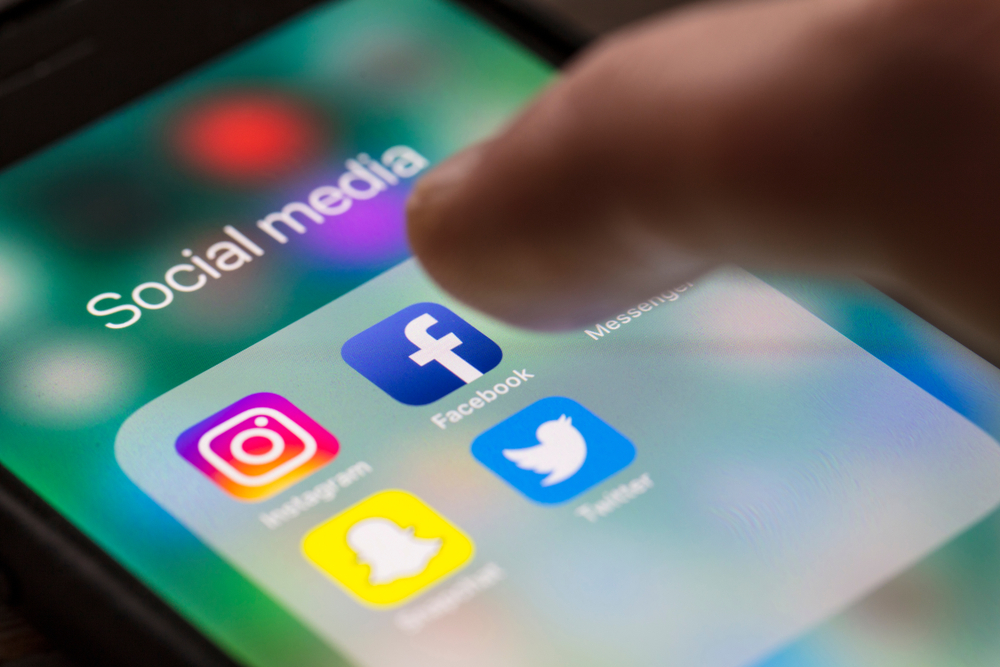Social Media Security Tips
Today’s connected online environment makes creating and sharing information easier than ever. Connectivity no longer stops when leaving your home or office. It continues wherever you travel, and across networks.
Strong network and device controls provide reliable security. Human behavior is less easy to regulate. Yet more of us take part in risky online communication where security is an afterthought.
Social Media is any website or application that enables users to create and share content, or to participate in social networking. A traffic app on your smartphone; Instagram; Facebook; Twitter; documents stored and collaborated from the Cloud – all of these examples can represent Social Media.
However, Social Media can be a double-edged sword. Its openness and reach also produces risks – loss of intellectual assets, financial data, reputational damage and more.
Recent Facebook Hoax
The recent breach to Facebook has created another opportunity for hackers to generate new scams. Were you one of the many Facebook users that recently received a hoax Facebook message that said:
Hi….I actually got another friend request from you yesterday…which I ignored so you may want to check your account. Hold your finger on the message until the forward button appears…then hit forward and all the people you want to forward too….I had to do the people individually. Good Luck!
If you received this message and conducted a simple Google search before panicking, you would have learned that it was just another scam.
Let’s discuss the different risks and ways you can protect yourself. We can start with common vulnerabilities and threats. Safe use begins with personal best practices.
Social Media Security Weaknesses –
1. Lack of Awareness
Social Media is highly accessible. We trust its convenience. In addition, it’s so easy to use any service, on any device, from any location.
- Be selective with the services you join. Learn about and adjust all security settings as soon as you sign up.
- Keep security and privacy settings strong. Check for updates over time as your old settings become obsolete.
- Be aware of changes across networks and devices. Many users either don’t adjust their privacy settings or set them incorrectly.
- Be aware of your audience. Know who in your network may access your content and restrict who can see your post and information.
- Recognize that you have no control what your friends share on social media. Sharing anything on social media can be copied and forwarded to others.
- Remember that that email you just received from someone you might know on Social Media could be a phishing attempt.
- Change your passwords on all sites regularly. Turn on two factor authentication that is available on most social media sites.
2. Sharing too much
Anything you share can have a negative impact on yourself, others and your organization. Default settings may broadcast your information to those you would rather not share with. Data mining programs constantly search publicly-available material to build profiles about people and organizations. This data can then be sold to advertisers or even organized crime groups.
Here are some points to remember:
- Know the limits between personal and professional use.
- Think carefully about what a photo or location check-in may reveal.
- Be mindful of your opinions.
- Avoid divulging workplace information that would not otherwise be publicly available.
- Recognize that telling your friends you are going on vacation may be asking for someone to steal your things. Posting pictures while on the trip will broadcast to people that you do not know that you are away from home for an extended time.
Final Thoughts
Using social media sites is now part of our day to day online activity. We must recognize that these sites provide ongoing day to day risk.
Understanding these ongoing risk, will be a great first step to protect you and those you care about from being victimized. Sharing recent scams in the news will help our family and co-workers from being victimized.
Want to Learn More?
If you want to protect your employees and your business from social media security risk and other security awareness training topics, contact CIFSA today at (561) 325-6050 to learn how we can help.
Founded by former Secret Service Agent and Deputy Director of the National Cyber Security Division of the Department of Homeland Security Michael Levin, The Center for Information Security Awareness (CFISA) is designed to help businesses, government agencies, and academic institutions empower their employees to fight cybercrimes. We provide personalized, engaging, compliant, and affordable training in PCI-DSS, HIPAA, InfraGard Awareness, and Cyber Security Awareness.
Remember, no matter how big or small your company is, and how well the back doors to your system are barricaded, one employee click on the wrong link, attachment, or website could open the front door. CIFSA trains your employees on the best practices to avoid potentially catastrophic data breaches. Call us today at (561) 325-6050 to learn how we can help.

